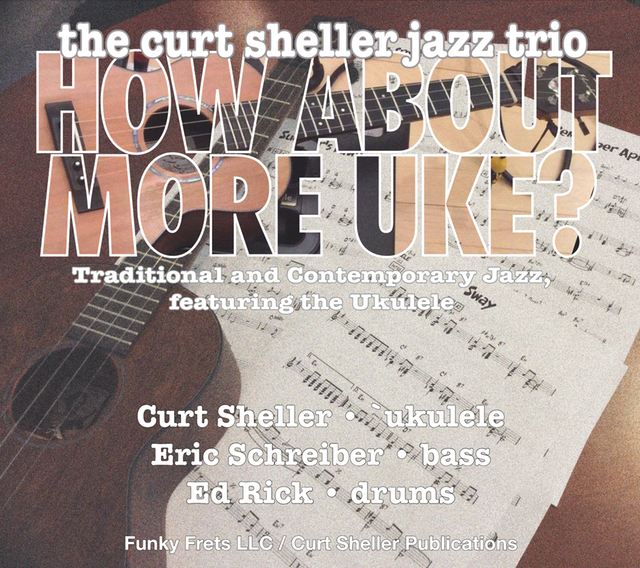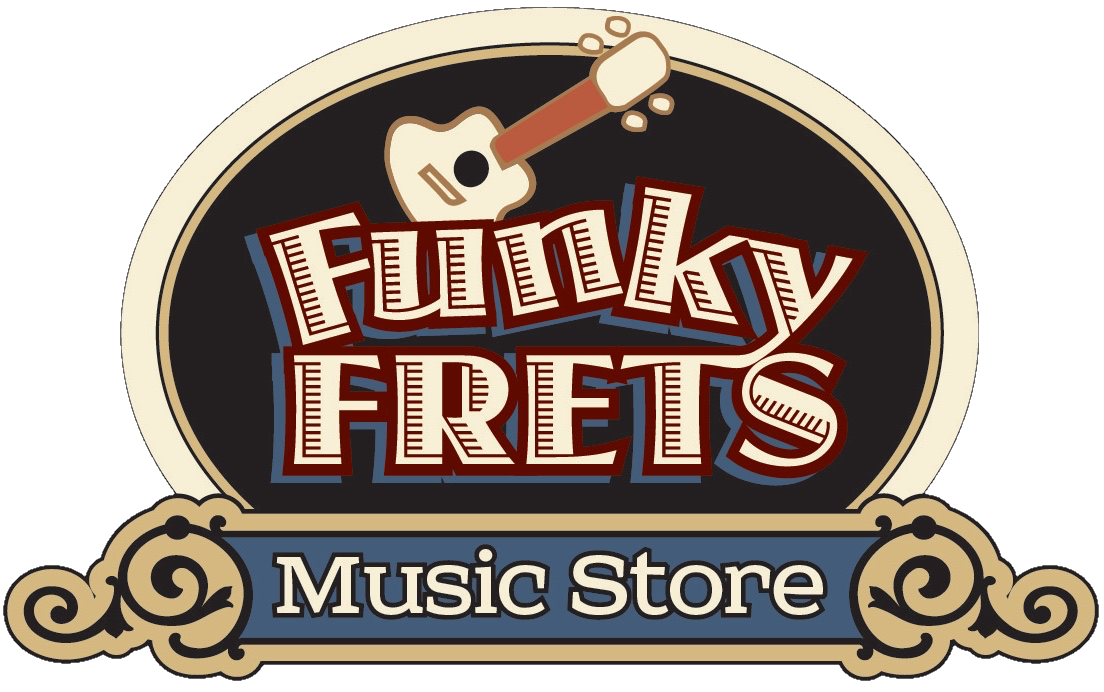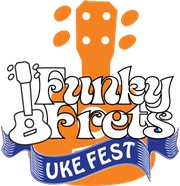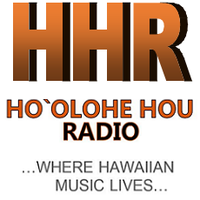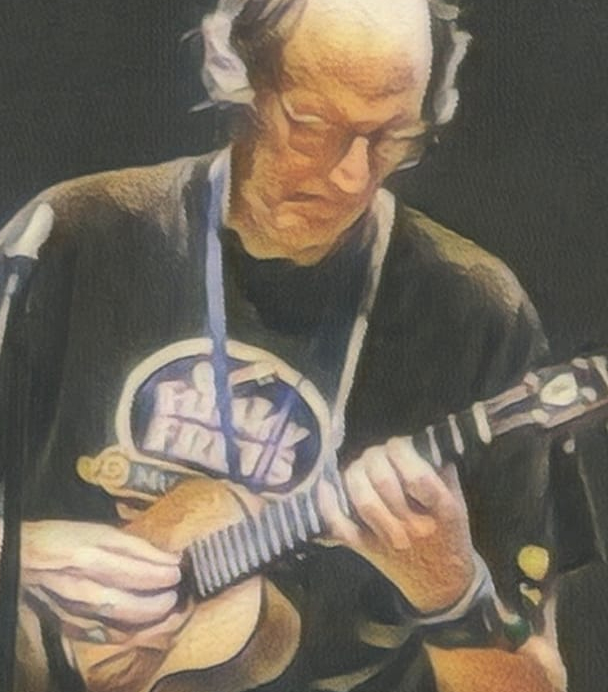- Chords • This is what you'll be doing most with your ukulele. It is also the subject of a majority of the lessons right here on LearningUkulele.com
- Fingerpicking
- Songs
- Technique
- Scales
First lets answer that age-old question.
Do You Need Talent?
Excerpt from Chuck Anderson's Music — Pursuing the Horizon . A book about the inner life of the musician. It provides guidance, inspiration and a fascinating glimpse into the world of musical development.
Since it is so difficult to define or even recognize, talent, or the lack of it, has created more than its share of anxiety in aspiring musicians. Perhaps the greatest problem centers around the fact that talent is a fact in retrospect. Only after it has been developed does it become obvious that it exists. So how does one know that talent is within him? Is intuition or hope the only recourse? Though there is no way to prove the existence of talent or at least the degree of talent before the fact, there are some general indicators.
- Unusual Determination in the Face of Difficulties and Setbacks
- Consistent Search to Know
- Awareness of the relationship involving current obligations, accomplishments and ultimate goals
- Surge
- Commitment to goals
- Proper sense of ego
Since talent remains a question mark in the developmental phases, doubts are understandable. The time required to develop instrumental proficiency, knowledge, maturity and the freedom to express oneself is slow and often tedious. It is necessary to allow this time to evolve before talent can even be considered. There is one very common fear. What if after physical and intellectual abilities are developed there is no talent or what if it is not great enough? The matter is at best highly subjective. Who decides upon talent? One fact emerges clearly - that which exists within you is uniquely yours. Thus, you strive forward to develop your potential. As it develops, call it talent. If it is not important for you to label it — merely accept it. There is no need to identify or categorize it. No one is responsible for the potential within him. The individual is responsible for the development of his own potential and then only if he accepts the challenge and the importance of developing it.
With that being said. Here are the Top Ten!
Chords
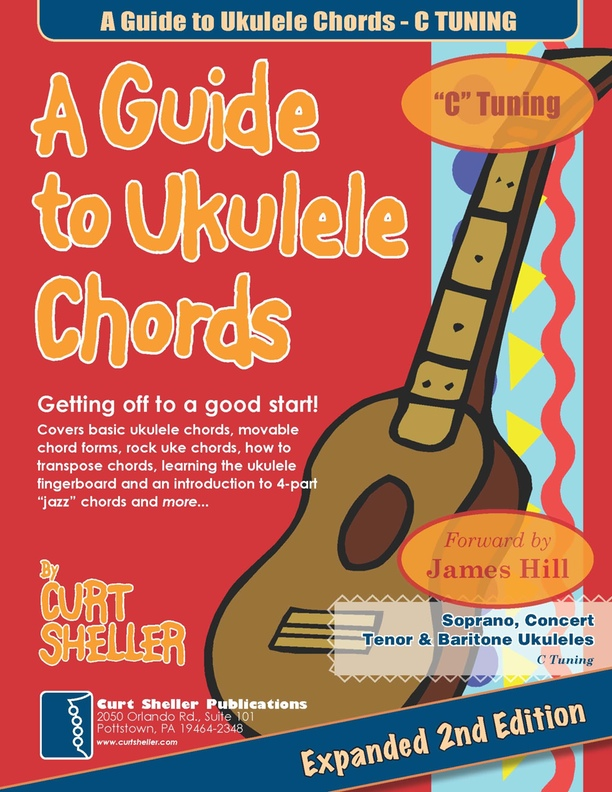
The first thing all ukulele players learn are chords. A 'ukulele player forms these chords by holding down multiple notes simultaneously with their fretting hand. Your opposite hand sounds the chord by strumming the strings or finger picking the individual strings. There is nothing more fundamental than playing basic chords. THIS IS WHAT WE DO THE MOST OF — Play Chords!!!
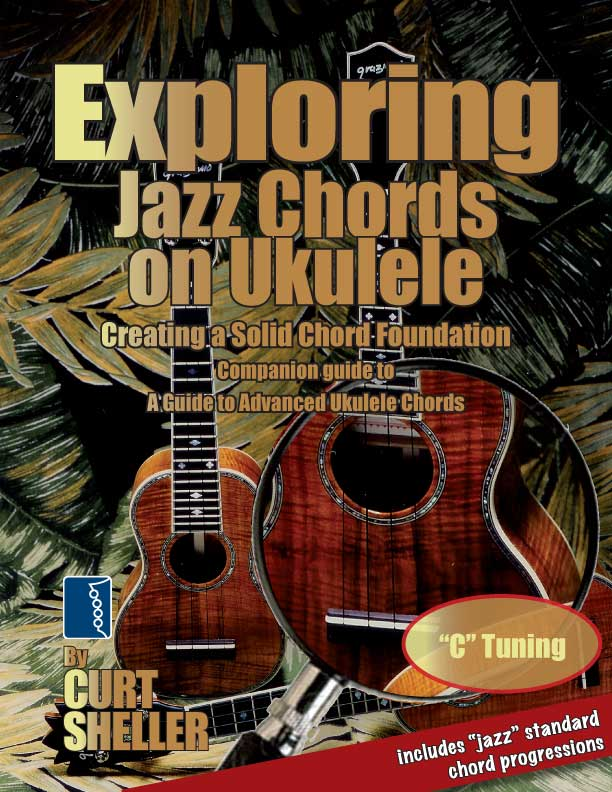
Open Position Chords
The first chords one typically learns are the open position chords (in not particular order): A, C, D, E, F, G, Am, Cm, Dm, Em, Fm, Gm, A7, B7, C7, D7, E7, F7, G7.
These chords are the first chords new 'ukulele players typically learn. Check out the Learn a Chord a Day Series of Lessons
. These chords are all based on "What are the chords for the most common keys of songs that I need to know?
Barre
Chords
Typically, barre
(the Old English spelling) chords or movable form chords are learned next. These chords are based on the open position chords and are the first chords new 'ukulele players learn and have an advantage as these chords you can transpose these chords to different keys along the fingerboard. Their disadvantage is that these chords often require a finger to play more then one note and they're harder to play, at least initially.
The ability to play chords and switch them smoothly is the first requirement for playing alone or with a group. It immediately qualifies you for a band in the role of playing background accompaniment. This job is an accompaniment job and does not have the attention given to the lead player but it is your quickest route to playing in a band or at jam sessions!
Recommended, Books,
Technique
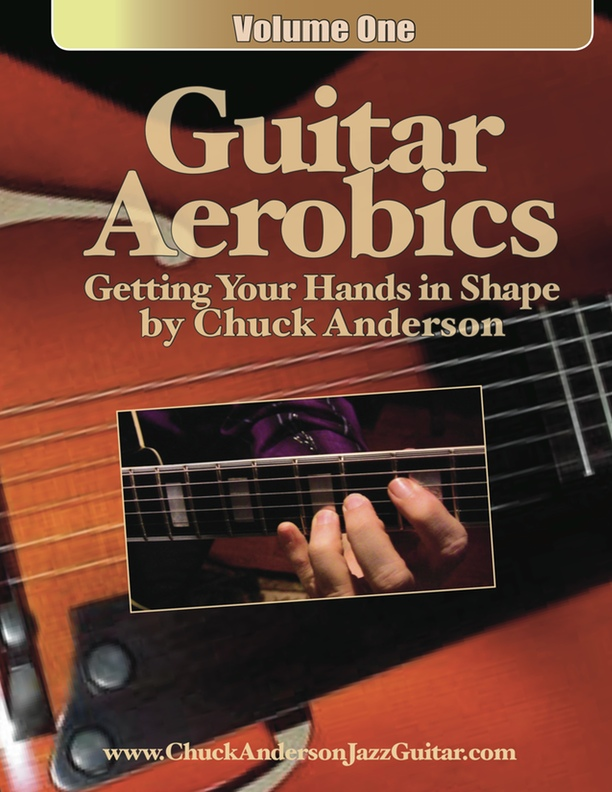 Technique is simply the ability to control your hands individually and in combination. It's primarily physical, not a musical skill. The training and development of your hands is a prerequisite and necessary to develop artistic skills.
Technique is simply the ability to control your hands individually and in combination. It's primarily physical, not a musical skill. The training and development of your hands is a prerequisite and necessary to develop artistic skills.
Sports offers a good parallel. Football (American) has physical skills and football skills. Passing, receiving, blocking, running and tackling are football skills. Running through tires, road work, weight lifting, wind sprints and stretching are physical skills. You need both to be successful.
There are many exercises designed to get your hands in shape. Finger independence drills, barres, and stretches are just three good ways to develop your hands.
Recommended, Books,
Notes on the Neck
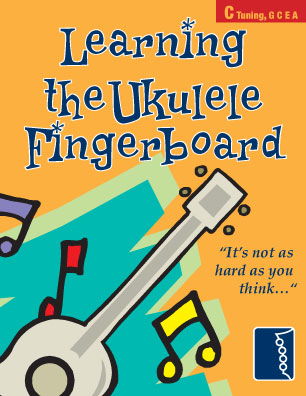 The Fingerboard — Like our guitar brethren it's unbelievable how weak ukulele players are on knowing the notes on their own instrument!
The Fingerboard — Like our guitar brethren it's unbelievable how weak ukulele players are on knowing the notes on their own instrument!
No other instrument suffers from this same fate. Imagine a piano player not knowing the note names of the keys or a trumpet player not knowing what notes come out if they push specific valve combinations. An amazingly high percentage of guitar and ukulele players don't know the notes on the neck.
This problem has indeed been created by the guitar world's penchant for tablature and chord picture diagrams, which is also prominent in the ukulele community. Despite this, there is no excuse for the failure on the part of players to learn what is rudimentary on any other instrument.
The is not that same as Reading
– this is simply know the names of the notes.
The notes on the neck must be, NOT only learned BUT mastered! — Learn the Freaking Fingerboard!!!
Recommended, Books,
Strums a.k.a., Rhythm
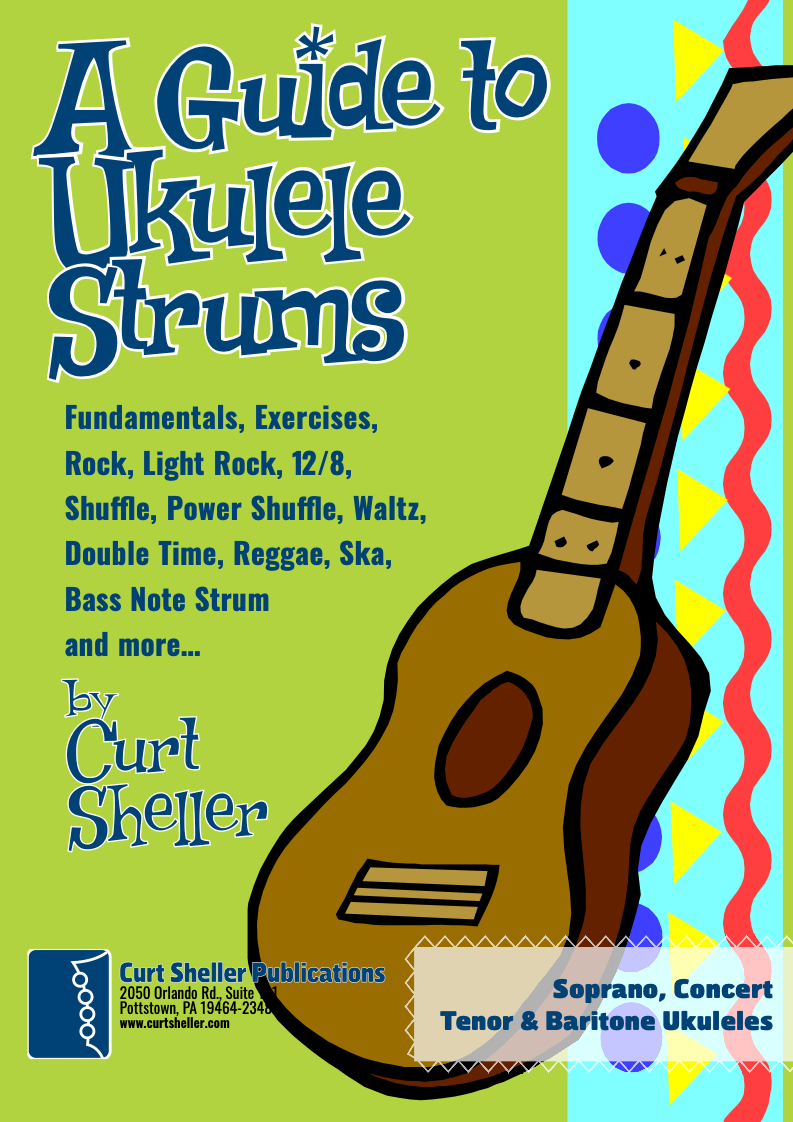 Strums are s skill that is part of the accompaniment role the ukulele is most used for. All songs, besides having chords, have a strum that is responsible for the “feel” of the song. If you play the wrong strum with a song, something will sound off.
Strums are s skill that is part of the accompaniment role the ukulele is most used for. All songs, besides having chords, have a strum that is responsible for the “feel” of the song. If you play the wrong strum with a song, something will sound off.
The strum helps keep the tempo steady and propels the music forward.
Strumming, the execution of specific rhythmic patterns, captures a most fundamental element of music. That tendency to tap our feet when we hear music can often be traced to the strumming pattern.
Recommended, Books,
Fingerpicking
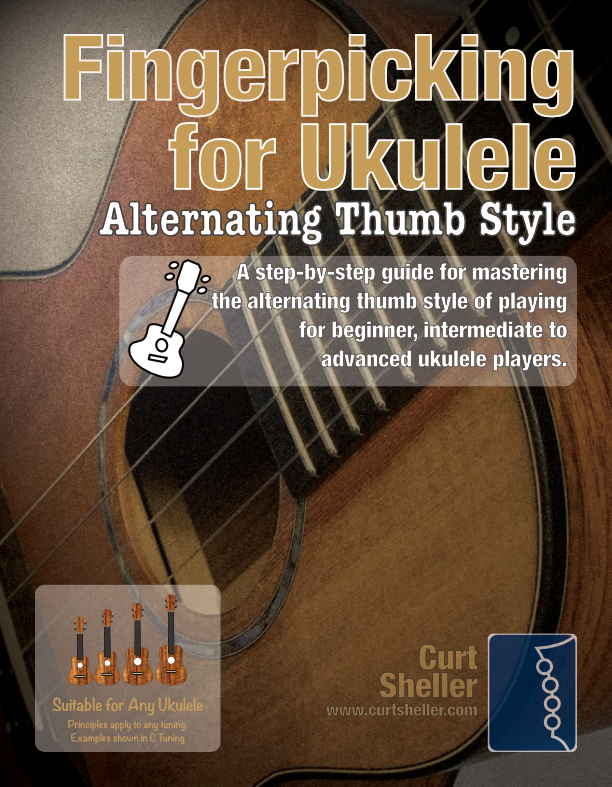 Fingerpicking is an alternative to strumming. Like strumming, finger picking uses the non-fingering hand and produces sound from chords.
Fingerpicking is an alternative to strumming. Like strumming, finger picking uses the non-fingering hand and produces sound from chords.
Fingerpicking was most common in Folk music, but it has certainly made its way into mainstream contemporary music through singer /songwriters, and country artists. James Taylor is an outstanding finger pick artist who has fused Folk, Country, Rock and Pop music into an original seamless form. His influence has been significant ever since the beginning of the Folk – Rock movement. Jake Shimabukuro and James Hill have seamlessly incorporated fingerpicking with strumming on the ukulele.
Recommended, Books,
Scales
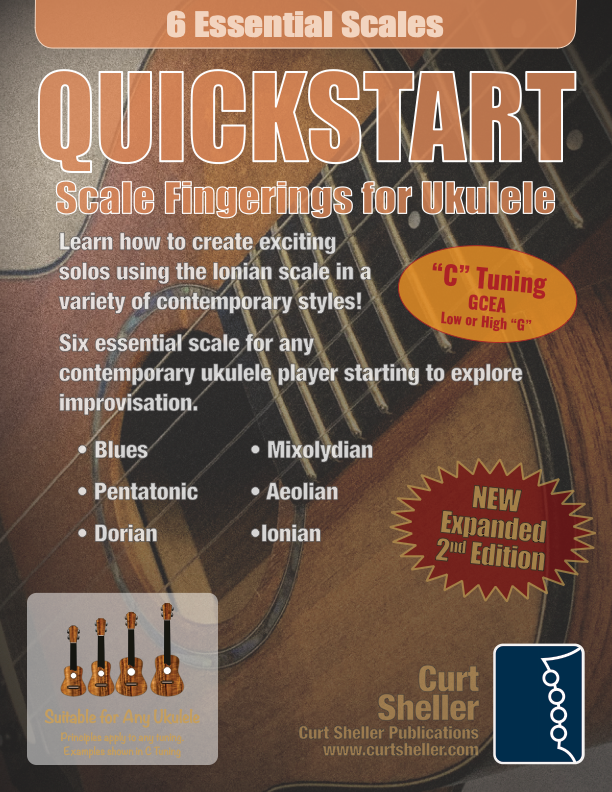 Scales are organized streams of notes that can be used to generate melody or improvisation. There are many kinds of scales to learn depending on the musical style you choose. The two most common contemporary scales are the Blues Scale and the Pentatonic Scale. The Blues Scale is used in the darker forms of Blues and heavier Rock Music. The Pentatonic Scale is used in all things Southern: Southern Rock, brighter Blues, Country music and even Motown.
Scales are organized streams of notes that can be used to generate melody or improvisation. There are many kinds of scales to learn depending on the musical style you choose. The two most common contemporary scales are the Blues Scale and the Pentatonic Scale. The Blues Scale is used in the darker forms of Blues and heavier Rock Music. The Pentatonic Scale is used in all things Southern: Southern Rock, brighter Blues, Country music and even Motown.
Beyond these scales, there are much more to learn if the music you play needs them. Santana used the Dorian Scale to great effect while Mark Knopfler of Dire Straits made a living from the Aeolian Scale. Jerry Garcia’s favorite was the Mixolydian Scale.
Why Learn Scales?
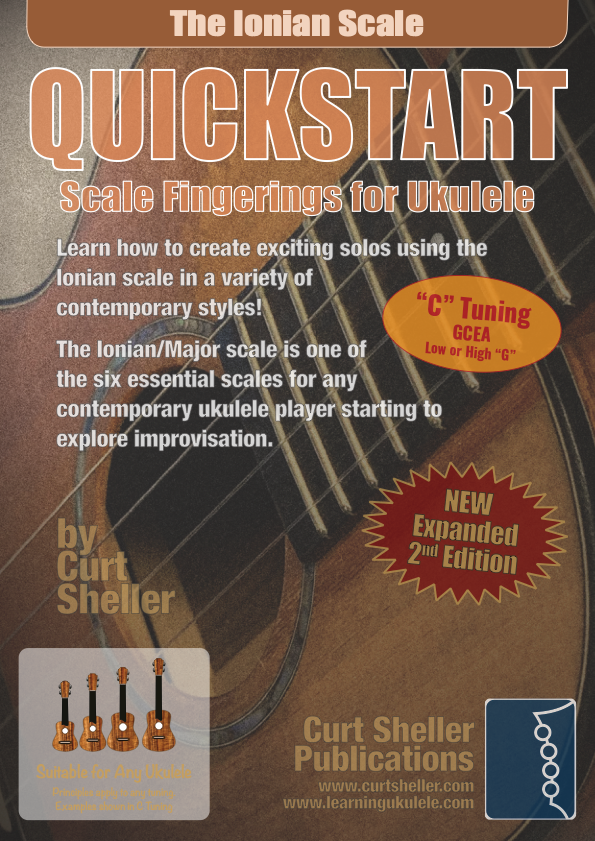 Scales can be used as a technical exercise - a process to get you left and right-hand fingering coordinated. Done correctly, they should reinforce or enable you to learn the fingerboard. Involving your motor skills they will also help you develop speed, strength, and ability to play longer.
Scales can be used as a technical exercise - a process to get you left and right-hand fingering coordinated. Done correctly, they should reinforce or enable you to learn the fingerboard. Involving your motor skills they will also help you develop speed, strength, and ability to play longer.
While scales are used to write melodies and craft chord progressions, i.e., songs. Initially one would learn them to improvise, "take a solo," learn a lick or riff, play a theme or melody. In all these cases scales are at the root of these skills.
Ukulele scales are often first learned by fingerboard or TAB which will get you started. However, it is not the best way to determine the relationship between the notes of the scale, the fingerboard or how to connect them using various fingering techniques.
What scale you learn and start with depending on the styles of music you want to play. For Rock and Blues, you start with the Blues scale. For Country and Folk, the pentatonic scale would be a good start. For Reggae the Major and Natural Minor scales are prominent in that style. Jazz requires the most extensive variety of scales to learn to navigate the, typically more complex harmonic nature of the form. More ethnic styles would require the study of the scales used for those styles.
With the many sources of scales on-line. From showing the fingerboard shapes to videos and articles, there is no shortage of information available. What is in short supply is how to use these scales, efficient fingering, and the principles to navigate the various possible pathways through the scales. The fingering of scales involves specific studies where a private formal survey provides the most benefit.
There is a lot of information available that is just wrong so try to consult a legit expert on the subject. Don’t assume that the information is correct because it’s in a magazine or on-line. Magazines are notorious for featuring well-known players who can’t teach. They often have a very fuzzy idea of what they’re doing and what to call specific scales, chords, and techniques.
Recommended, Books,
Rhythm
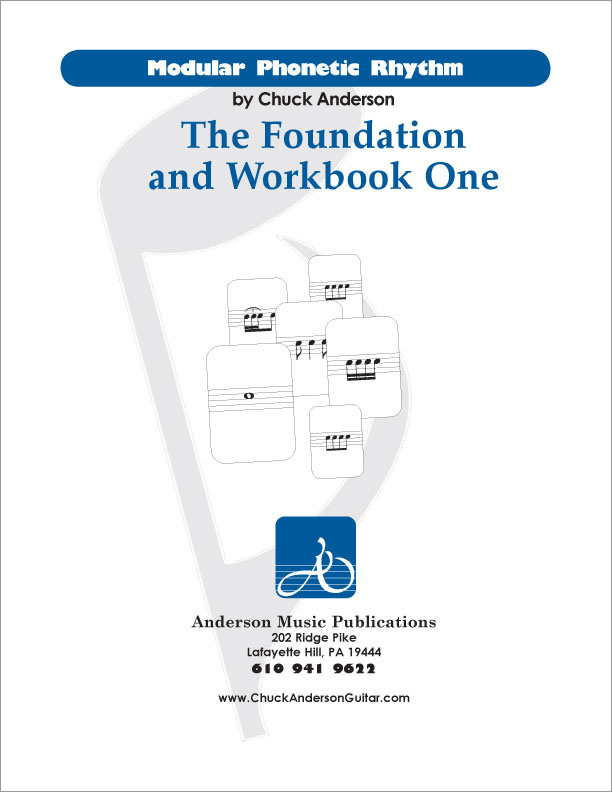 Rhythm is one of the three primary components of music, It encompasses several aspects. On the one hand, rhythm is the duration of a note or a chord. It also includes tempo, the beats per second as measured by a metronome and the stability of the beat. Rhythm, as in tempo, can vary during a song. Some songs maintain a steady tempo from beginning to end. Other songs vary the tempo. Slowing down is called Ritardando and speeding up is called Acclerando. These are intentional musical effects and not the result of a player not being able to keep time or rhythm. The ability to keep time is one of the most important skills a ukulele player or any musician can develop.
Rhythm is one of the three primary components of music, It encompasses several aspects. On the one hand, rhythm is the duration of a note or a chord. It also includes tempo, the beats per second as measured by a metronome and the stability of the beat. Rhythm, as in tempo, can vary during a song. Some songs maintain a steady tempo from beginning to end. Other songs vary the tempo. Slowing down is called Ritardando and speeding up is called Acclerando. These are intentional musical effects and not the result of a player not being able to keep time or rhythm. The ability to keep time is one of the most important skills a ukulele player or any musician can develop.
Recommended, Books,
- Modular Phonetic Rhythm
- WidipediA: Rhythm
Developing Your Ear
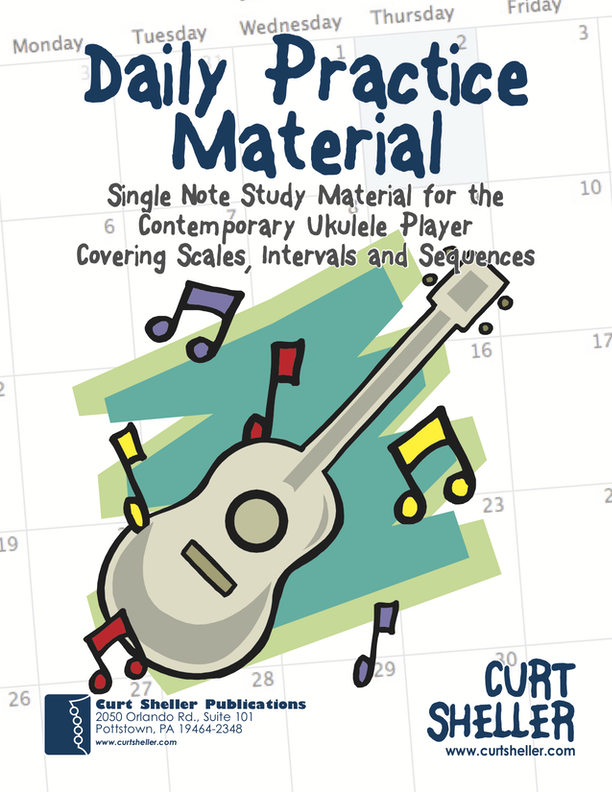 The development of the ear brings your musical insides – out. Music is the only hearing art. As such, the ear acts as the intermediary between your musical ideas and the execution of these ideas. Solfeggio, the Italian art of sight singing has been used for centuries to develop musicianship. Ear training contributes to the ability to play what you hear. There are virtually unlimited applications of ear training from working songs out by ear to improvising to writing. The European tradition of ear training has been far more stringent than that of the United States.
The development of the ear brings your musical insides – out. Music is the only hearing art. As such, the ear acts as the intermediary between your musical ideas and the execution of these ideas. Solfeggio, the Italian art of sight singing has been used for centuries to develop musicianship. Ear training contributes to the ability to play what you hear. There are virtually unlimited applications of ear training from working songs out by ear to improvising to writing. The European tradition of ear training has been far more stringent than that of the United States.
Recommended, Books,
- Ear Training
- Melodic Ear Training
- good-ear.com
- WidipediA: Ear Training
Songs

This area is your song list, your repertoire, what you can play from beginning to end. Without a repertoire, you have nothing to play. An audience is certainly not interested in listening to scales, arpeggios or exercises of any kind. They respond to songs no matter what style of music you play. It could original or cover but one way or another, you need to learn songs.
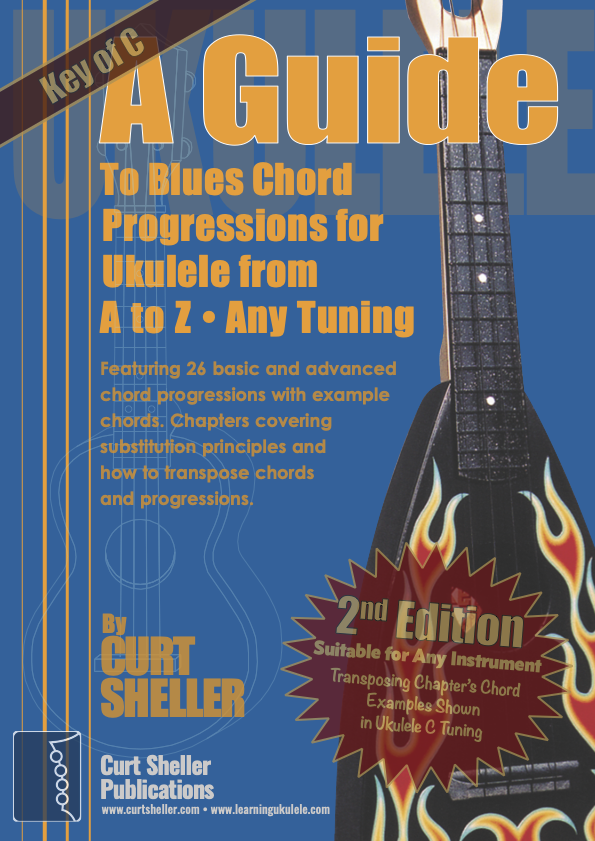
What does it mean to learn a song? The singer songwriter's version of learning a song would be to memorize the chords, the strum or finger pick, the melody, the form, the chords and the lyrics. The jazz guitarist and ukulele player version is to learn the single note melody, the chord changes, the form, the melody and chord version (combining single note melody and chords) and the improvisational structure. Unless you use the lyrics as inspiration for the mood and feel of a song, lyrics are not part of the instrumental process.
Recommended, Books,
- Songs and Repertoire • It's all about learning songs.
Conclusion
Now that you have a sense of what there is to learn, you can focus on how you're going to learn it. Whether it’s formal lessons with a good teacher, self-teaching,+ books, DVDs or online resources, get started! The rewards will far outweigh the effort.
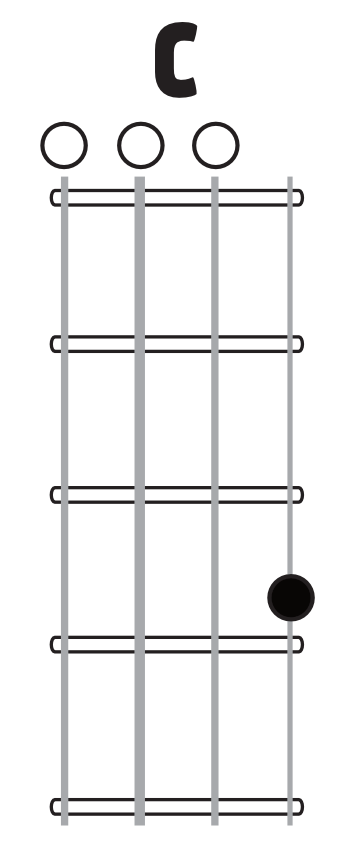
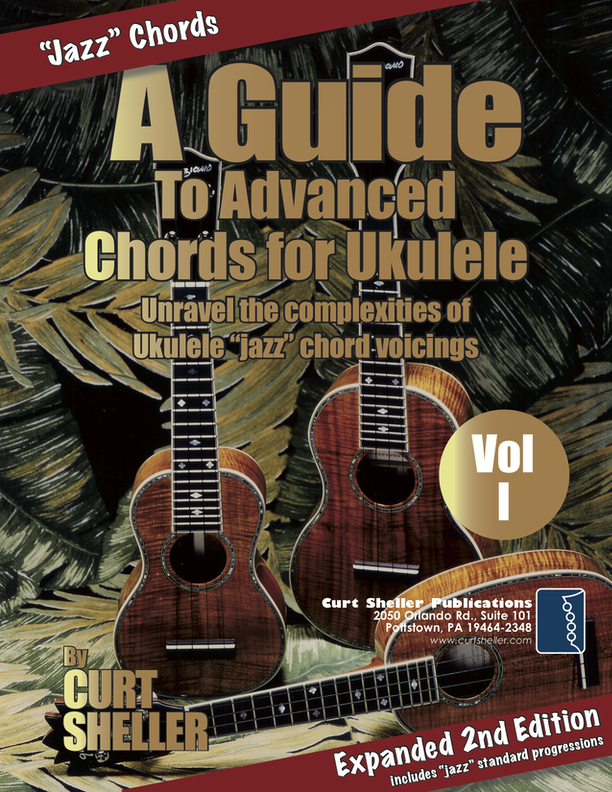
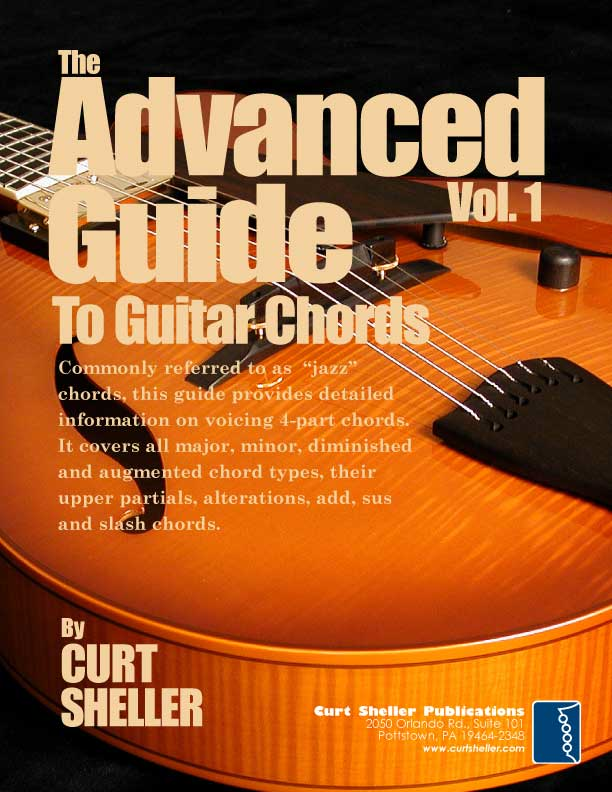
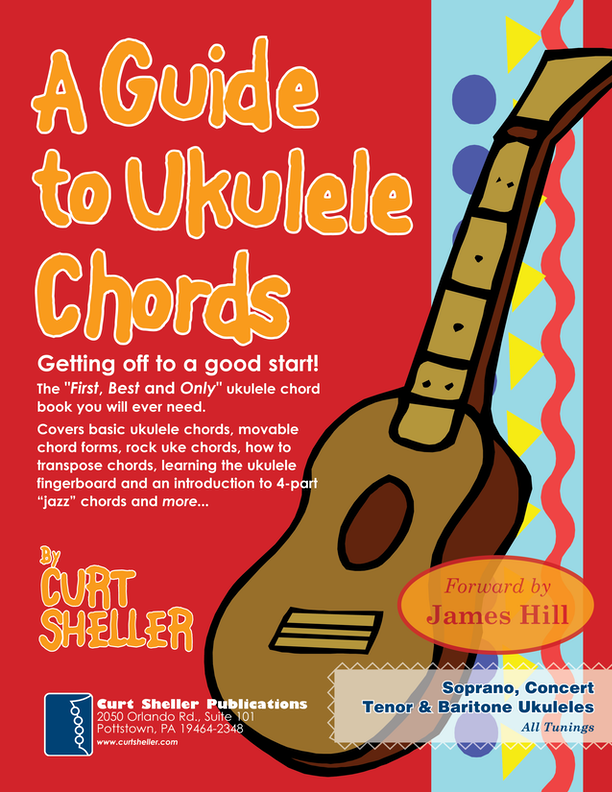
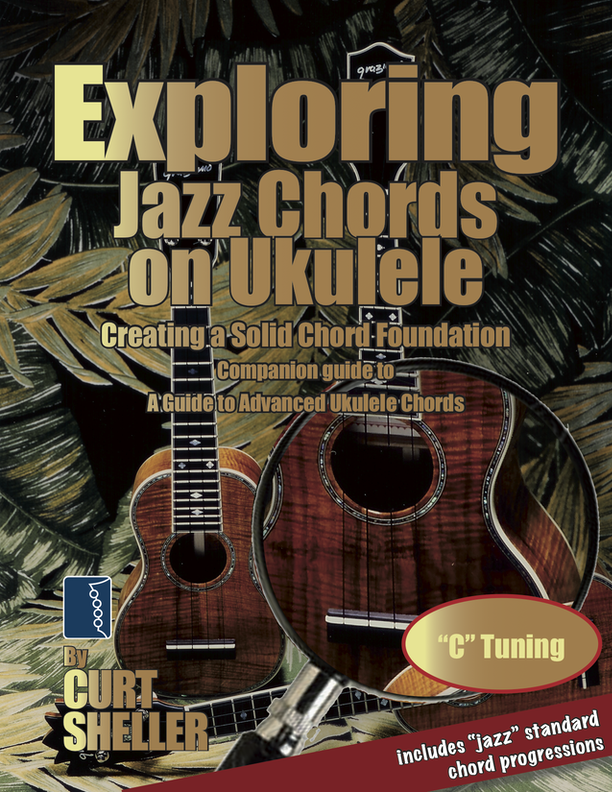
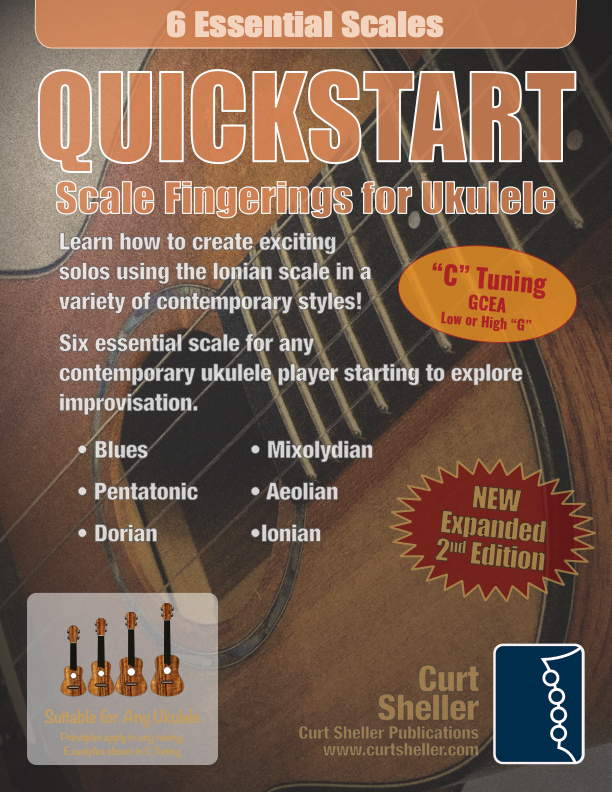
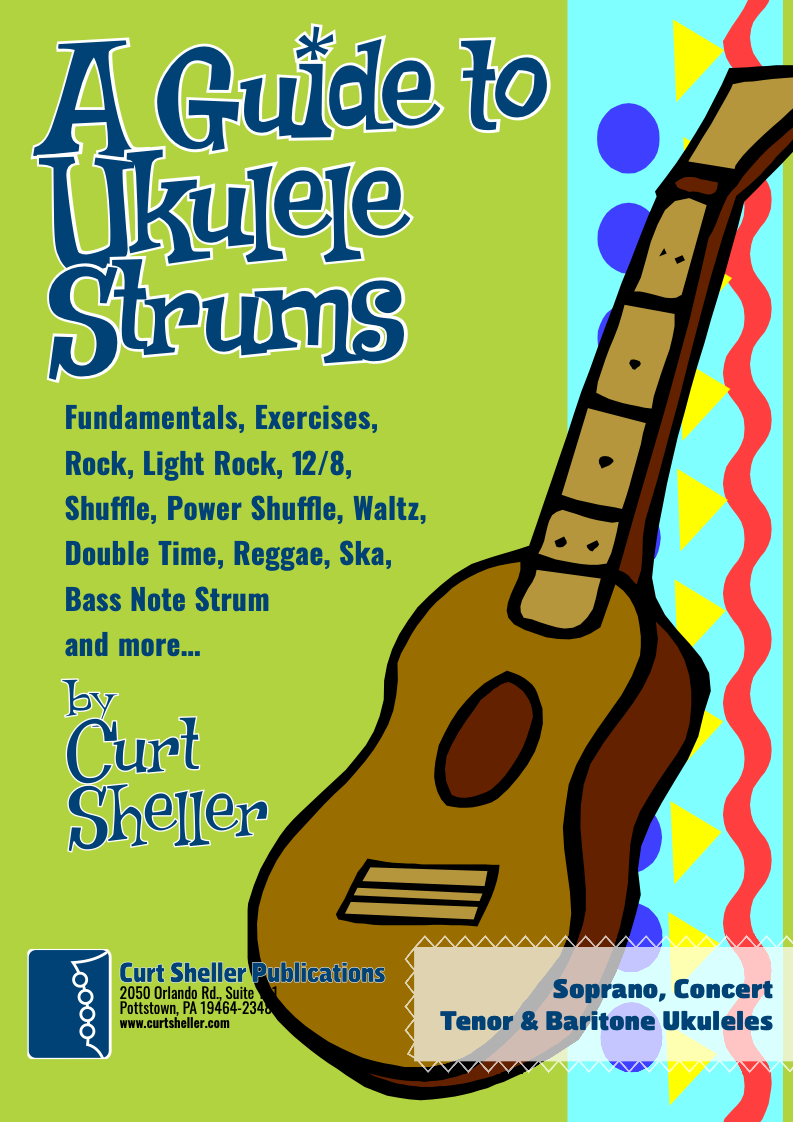
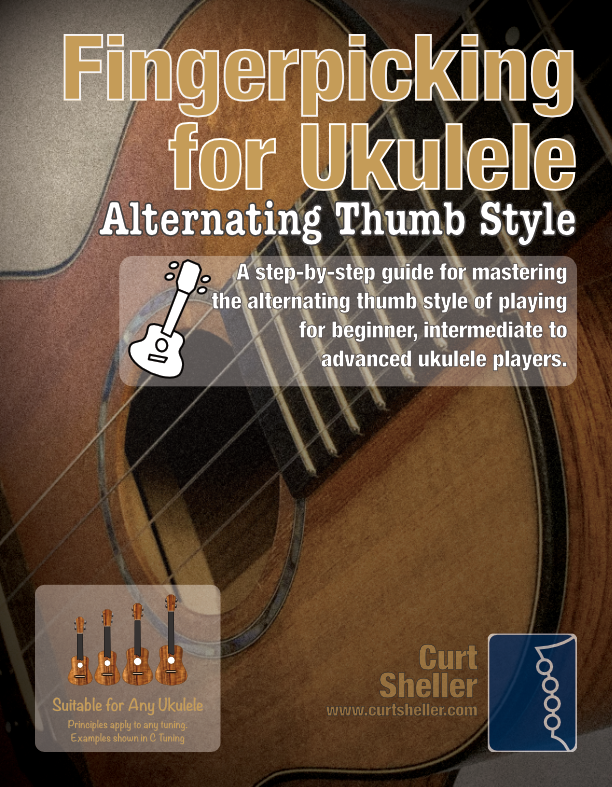

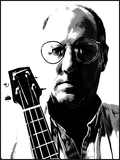




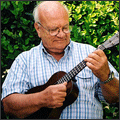




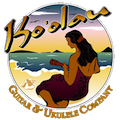

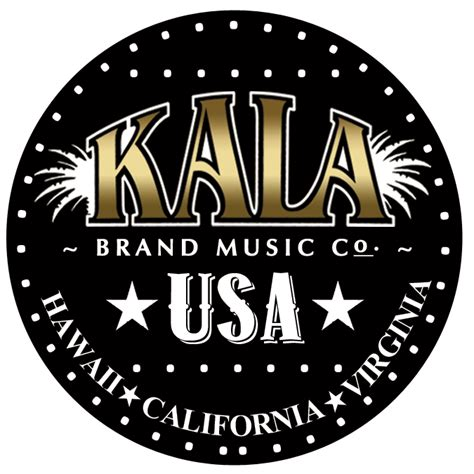


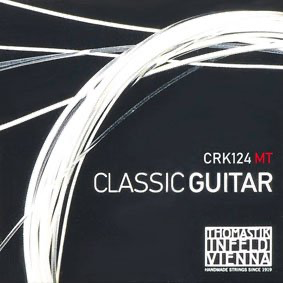

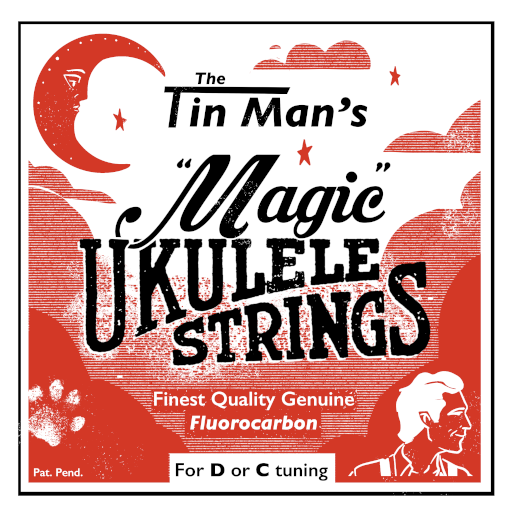
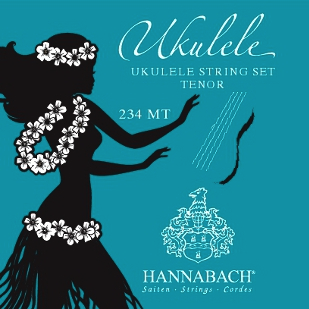
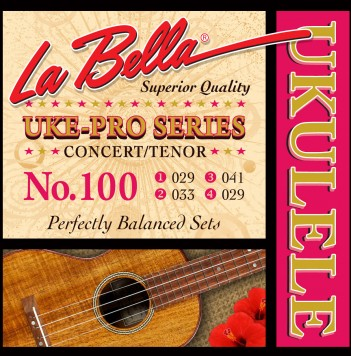
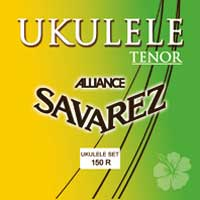






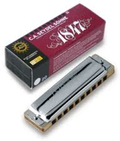
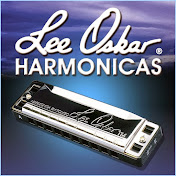





 supportukrainenow.org
supportukrainenow.org
